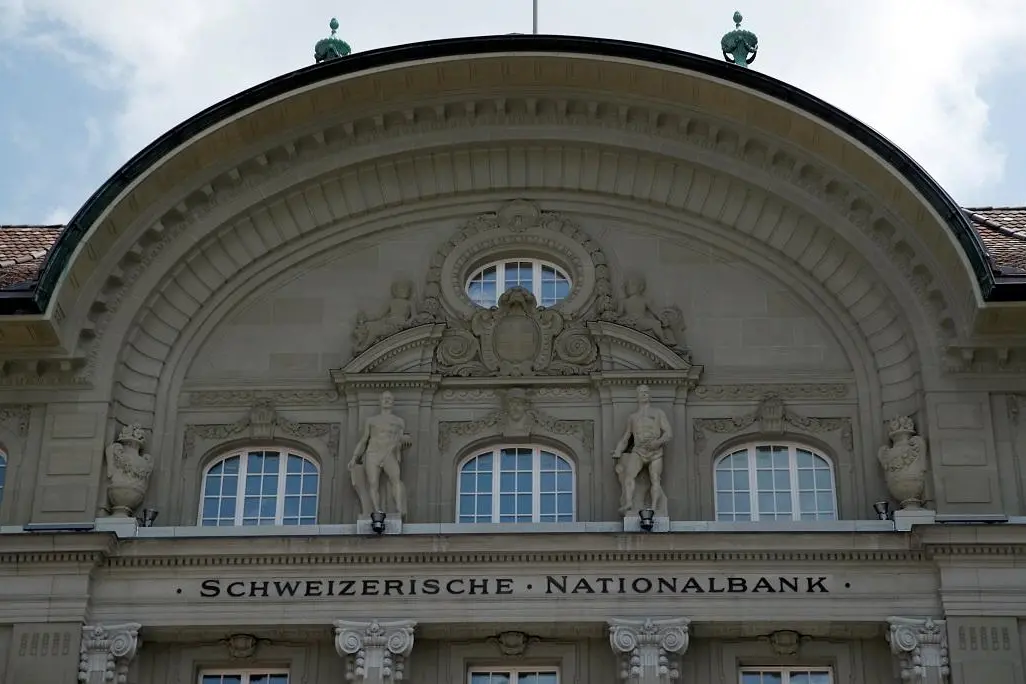PHOTO
ZURICH - The Swiss National Bank will keep its ultra-loose monetary policy in place when it gives its latest decision on Thursday, analysts polled by Reuters were unanimous in saying.
Switzerland's central bank has repeatedly stressed the fragility of exchange rate developments following the strengthening of the Swiss franc in recent weeks after a weakening at the start of the year.
Chairman Thomas Jordan also said earlier this month it was "much too early" to raise interest rates in Switzerland, with inflation remaining low.
Other concerns such as political uncertainty in Italy weighing on the future of the euro zone could also ensure the SNB retains its cautious stance, analysts said.
All 40 experts questioned in the past few days reckoned the SNB would stick with a target range of minus 1.25 percent to minus 0.25 percent for the three months London Interbank Offered Rate, as it has for the last three and-a-half years.
A negative interest rate of 0.75 percent on sight deposits held by commercial banks over a certain value - one of the tools used by the SNB to stem demand for the franc - is also expected to be retained, analysts said.
The earliest change to the LIBOR target range was expected to come towards the end of this year, the view of UBS, while the median consensus was for the tail end of 2019.
Analysts at Credit Suisse thought the SNB could raise rates early in 2019, based on the strength of the Swiss economy, which they forecast to grow 2.2 percent this year.
"Our base case scenario is where the ECB is considering a first interest rate increase themselves by mid-2019, and the SNB could move a quarter before," said Nannette Hechler-Fayd'herbe from Credit Suisse, who said the SNB would like to reaffirm its independence.
"The two would then move alongside each other ... the two cannot completely decouple, they are so economically interlinked."
She anticipated the SNB would raise rates very gradually, with the franc eventually reaching around 1.20 versus the euro in 12 months' time.
Last week the ECB said it would shut its hallmark bond purchase scheme by the close of the year, taking its biggest step yet towards dismantling crisis-era stimulus a decade after the start of the euro zone's economic downturn.
But in a balanced announcement reflecting the uncertainties hanging over the economy, it signaled that any interest rate hike was still distant.
Karsten Junius, an economist at J.Safra Sarasin, was another who expected the SNB to stick to its current strategy, although he expects it to raise rates in the third quarter of 2019.
"It's a pity because the recent Swiss economic data has been pretty strong - we expect GDP to grow above 2 percent this year, and we might even see inflation surpassing 2 percent in the coming year," said Junius.
"This would all point to a normalization and higher interest rates, but as we have seen in Sweden- where the central bank raised then lowered interest rates – it doesn't pay to deviate significantly from the ECB."
(Polling by Khushboo Mittal; Editing by Alison Williams)
© Reuters News 2018





















